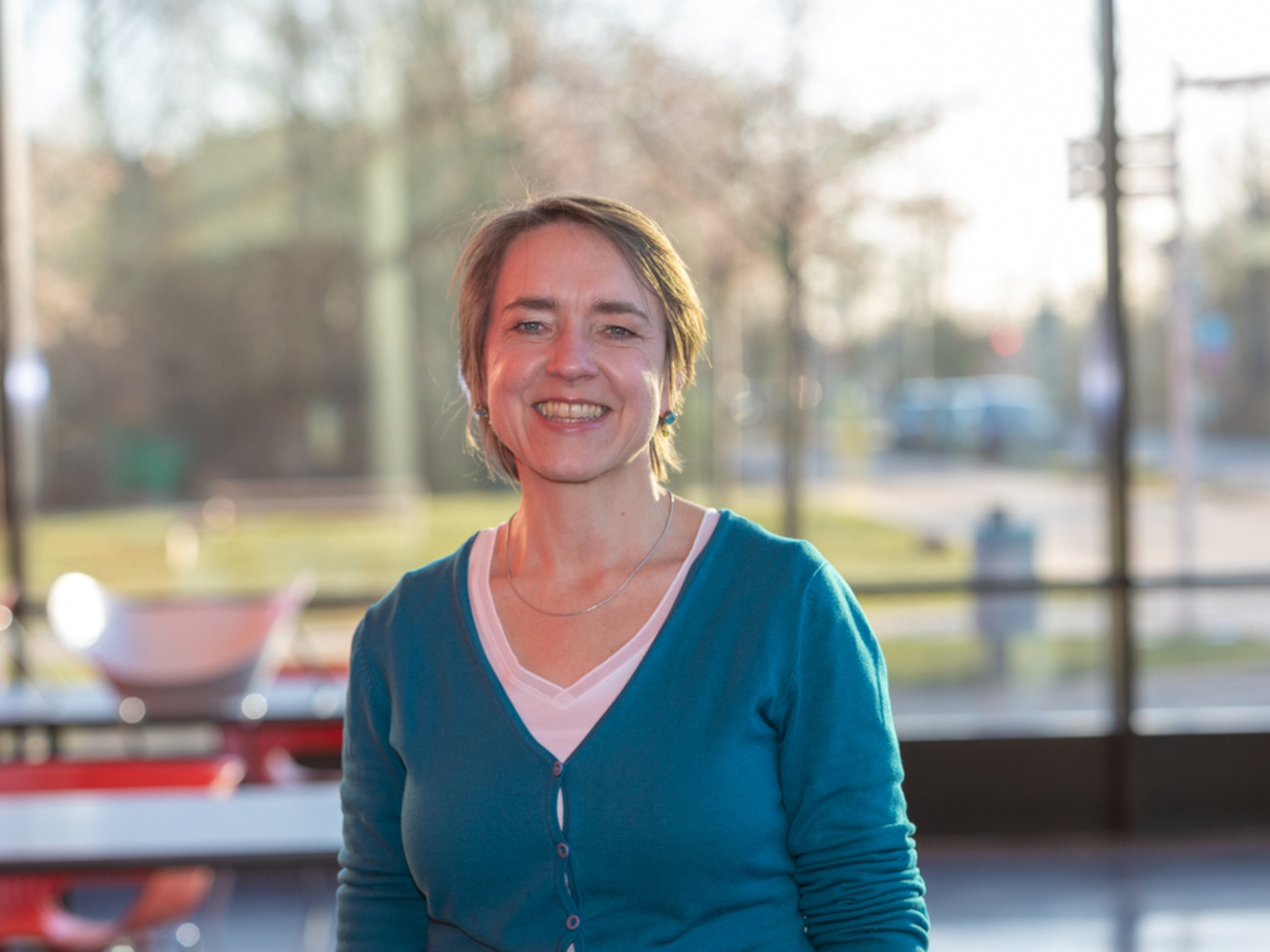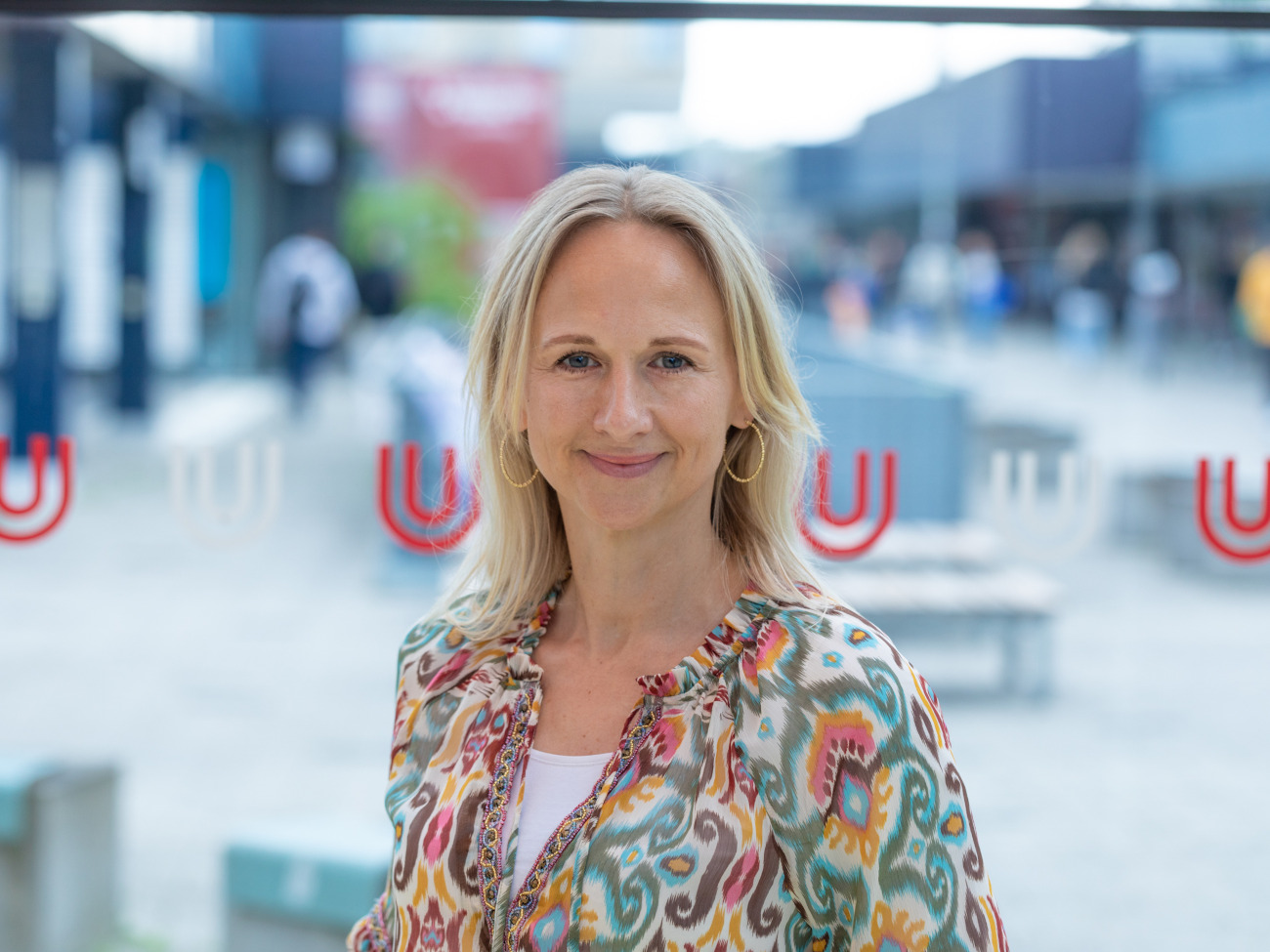
© Stocktributor / Adobe Stock
Going Abroad with ERASMUS – University Staff Edition
With the Erasmus staff mobility program, university staff from administration and technical departments can also travel to other European countries.
Improving English skills in Malta, finding out how student marketing is done at Maastricht University, or exchanging ideas with employees of other European universities from a similar department – all this is possible with ERASMUS. The European funding program not only supports students with studying or interning abroad within Europe, but also offers university administrative and technical staff the opportunity to broaden their horizons with ERASMUS staff mobility.
Barbara Hasenmüller from the International Office is the Erasmus University Coordinator at the University of Bremen. One aspect of this role is the coordination of staff mobility. “With the ERASMUS TRAINING Staff Mobility program, we want to give employees from, for example, central and decentralized administration, technical services, the libraries, as well as apprentices the opportunity to train internationally,” explains Hasenmüller. This support, which has been in place since 2006, is an extension of ERASMUS’ original TEACHING Staff Mobility, which previously only addressed training for employees in teaching and research.
The criteria for when a stay abroad can be supported by the Erasmus funding for employees are simple: It must be professional training in Europe, which is related to the employee’s current role and is agreed upon with an employee’s supervisors. “Whether a French course is funded, for example, depends on whether French is needed in everyday work,” explains the coordinator. The good thing about staff mobility: There are so many possibilities, as there is not a prescribed and limited selection of courses, or workshops. For example, if you want to take a language course, you can flexibly choose something interesting and suitable for yourself in the European country of your choice.

© Matej Meza / Universität Bremen
Bettina Schwarz works in Administrative Department 01: Academic Affairs at the University of Bremen and took advantage of personnel mobility to do an English course in Malta in September 2023. “Since I also work a lot with translations in my role as a media designer, I found it useful to improve my English skills,” says Schwarz. About two months in advance, she researched programs, selected a language school, and applied for funding. Especially during the research part, Schwarz noticed that many language schools advertise specifically with the ERASMUS grant, which makes the search easier. However, it was not just the content of the course that helped with her language training, reports the administrative employee: “I was able to take many new impulses from the intercultural and private discussions with participants from different countries, which also helped improve my English skills.”

© Matej Meza / Universität Bremen
Another option for staff mobility is a work placement, Barbara Hasenmüller explains. Employees are given the opportunity to visit other European universities for professional exchange and networking. “Of course, it is important to ensure that the colleagues from the other university are in agreement with the exchange and supervision over the entire period as well as one’s own supervisor.” Once again, the choice of the exchange university is not limited to the University of Bremen’s partner universities; it just has to be in Europe.
A stay abroad is usually funded for one to two weeks at a time. The funding amount depends on the destination country; fixed daily rates and a travel allowance are based on this. “Accordingly, the participants have to work within this budget, but are able to decide for themselves how much they want to allocate for accommodation and meals or participation / course fees,” explains the coordinator. “As soon as the approval for the course has been received and the visit has been clarified with all participants, the mobility funds can be requested from us. Of course, we are also happy to advise on the organizational process.”
“I am convinced that it is important to think outside the box professionally” Barbara Hasenmüller
Within the framework of the European University Alliance, there is also a wide range of workshops and staff weeks for YUFE partner members. “Staff weeks are organized by many European universities. For these, an exchange with other employees usually takes place on an overarching topic with workshops and other events which address this,” explains Hasenmüller. The central platform IMOTION lists the upcoming staff weeks and interested parties can apply to participate.
For Bettina Schwarz, it is clear that the week in Malta was a thoroughly positive experience: “For me, staff mobility and the associated professional and personal development also have to do with appreciation. That really ups my satisfaction at work.” Hasenmüller knows from her own experience that Erasmus staff mobility is worthwhile on many levels. “In my work at the International Office, I naturally have a lot of contact with our European partners and am convinced that a stay abroad creates new ideas, inspiration, and ways to solve problems, and that it helps people to reflect more on their own area of work. I am convinced that it is important to think outside the box professionally as well.” However, the coordinator knows that language is usually a barrier, especially for employees who have little international contact in everyday work. “Most employees tell us after their stay abroad that other participants had the same concerns, but that they were all able to communicate well with each other in the end and thus improved their language skills.” In addition, the Languages Centre and Administrative Unit for Human Resource Development offer language courses for employees which can be taken in preparation.
Those who are not ready to travel quite that far, but would still like to experience a staff week will have the chance to do so in April. The University of Bremen’s International Office, together with the other Bremen universities, is organizing a staff week on its own campus from April 22 to 26, 2024, during which they will welcome around 50 international university staff to focus on the topic of diversity.
More about ERASMUS Staff Mobility
Information on the exact application process, the daily and travel allowances, as well as the link to the application can be found on the International Office’s website. There is no deadline; applications can be submitted on an ongoing basis.